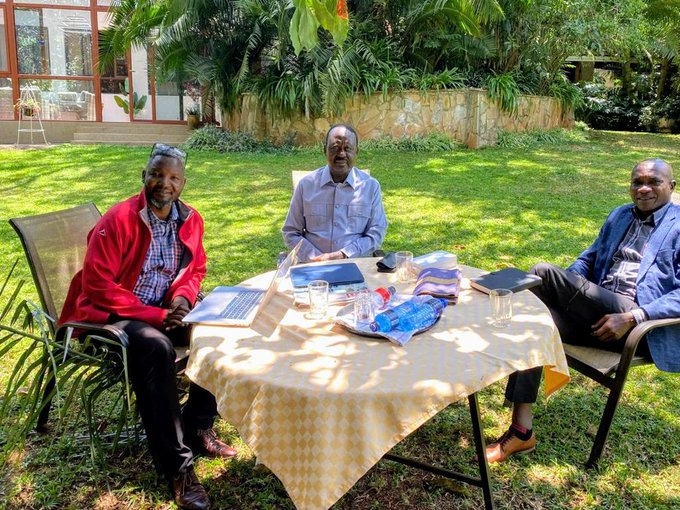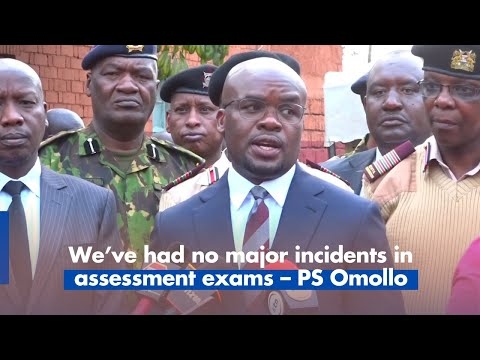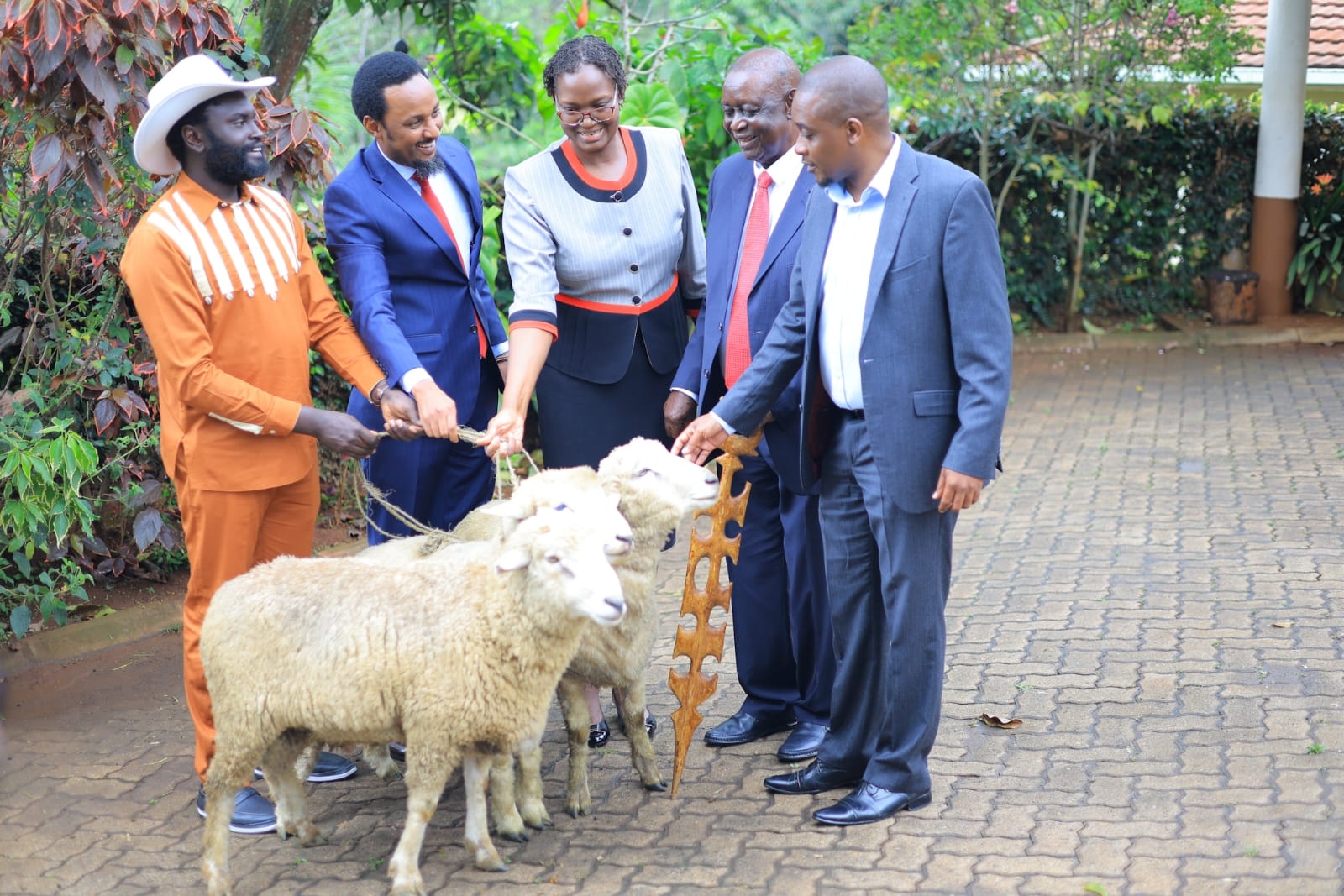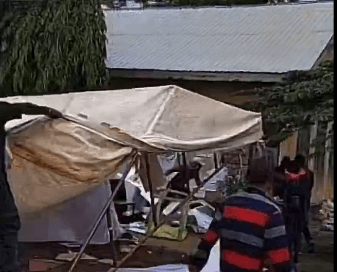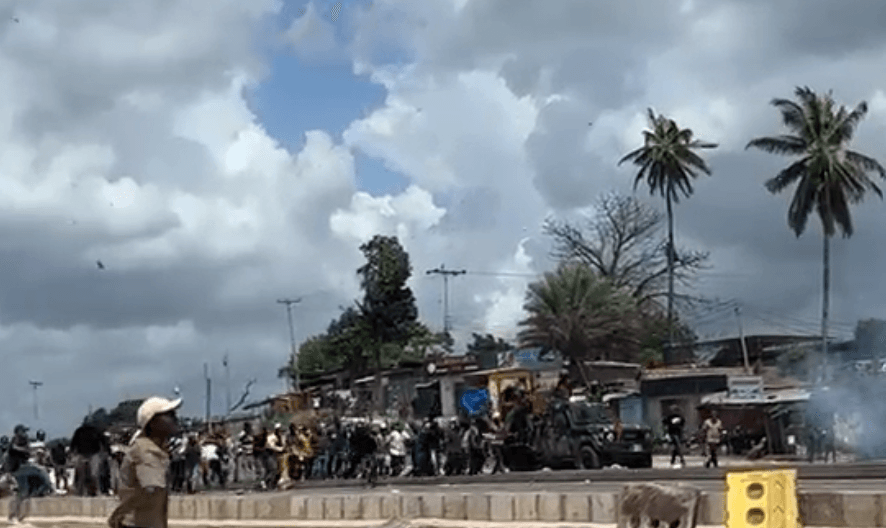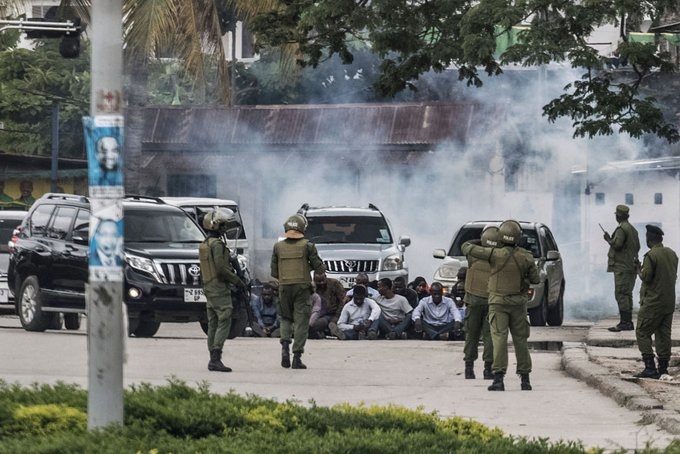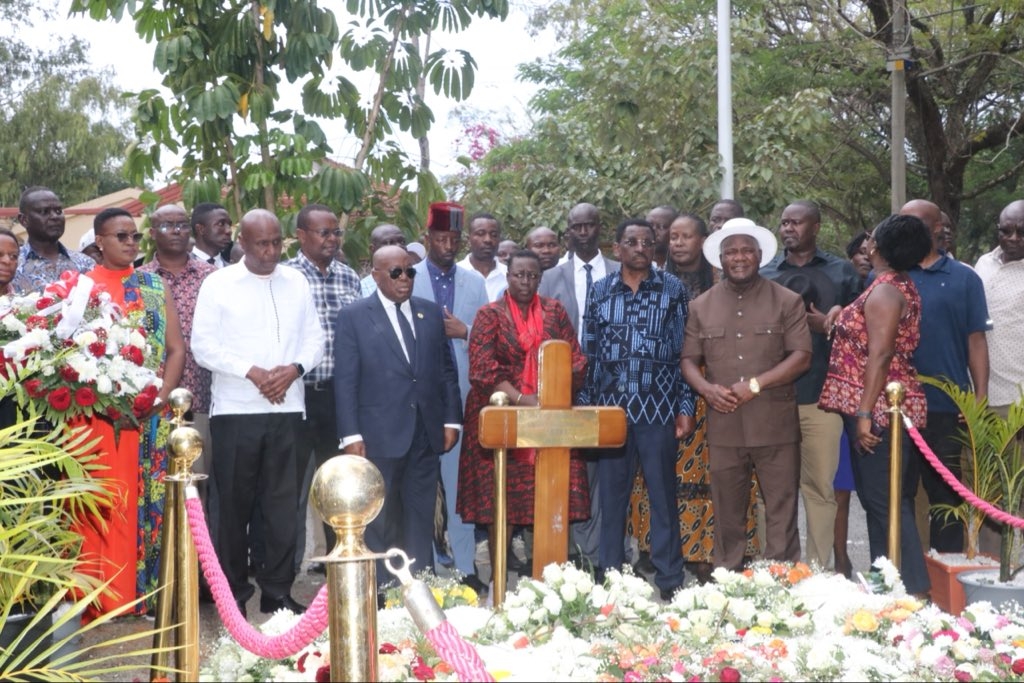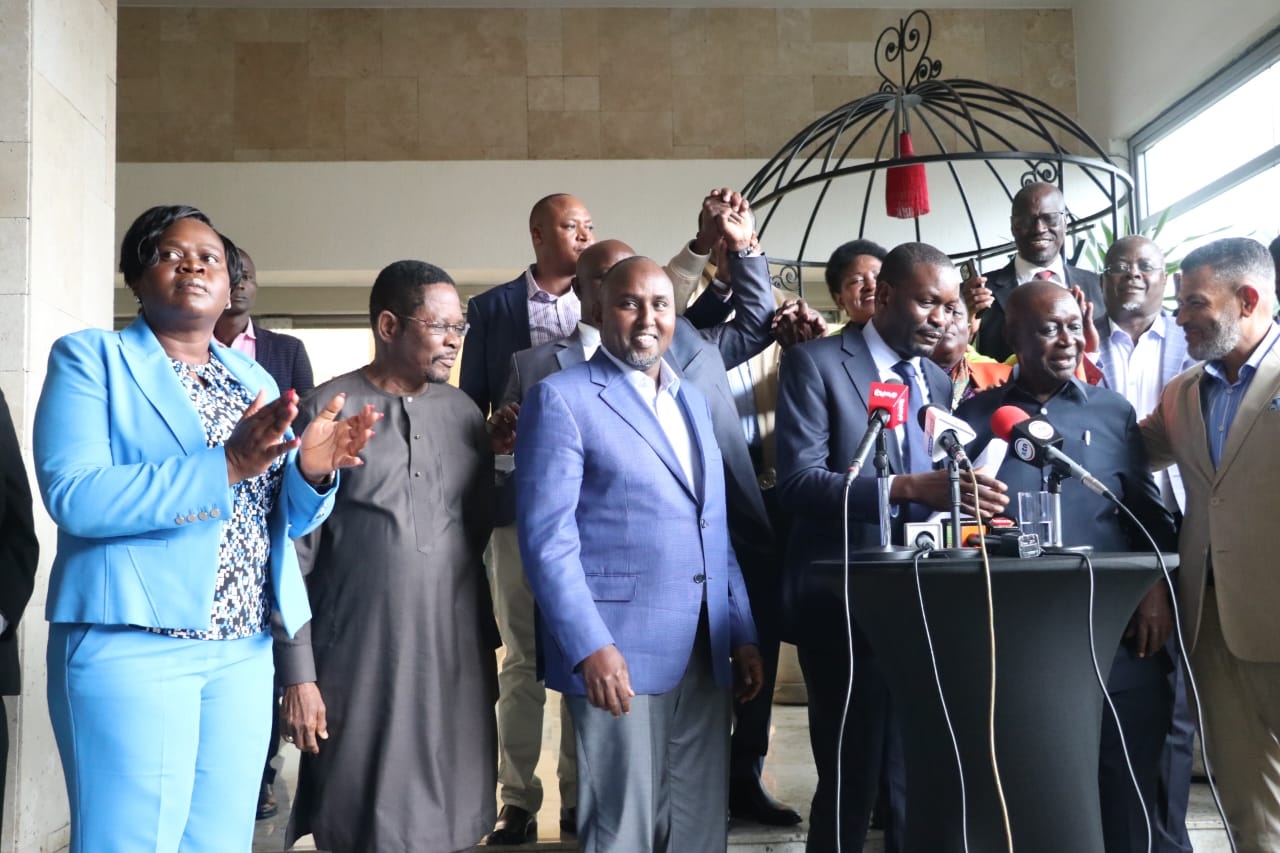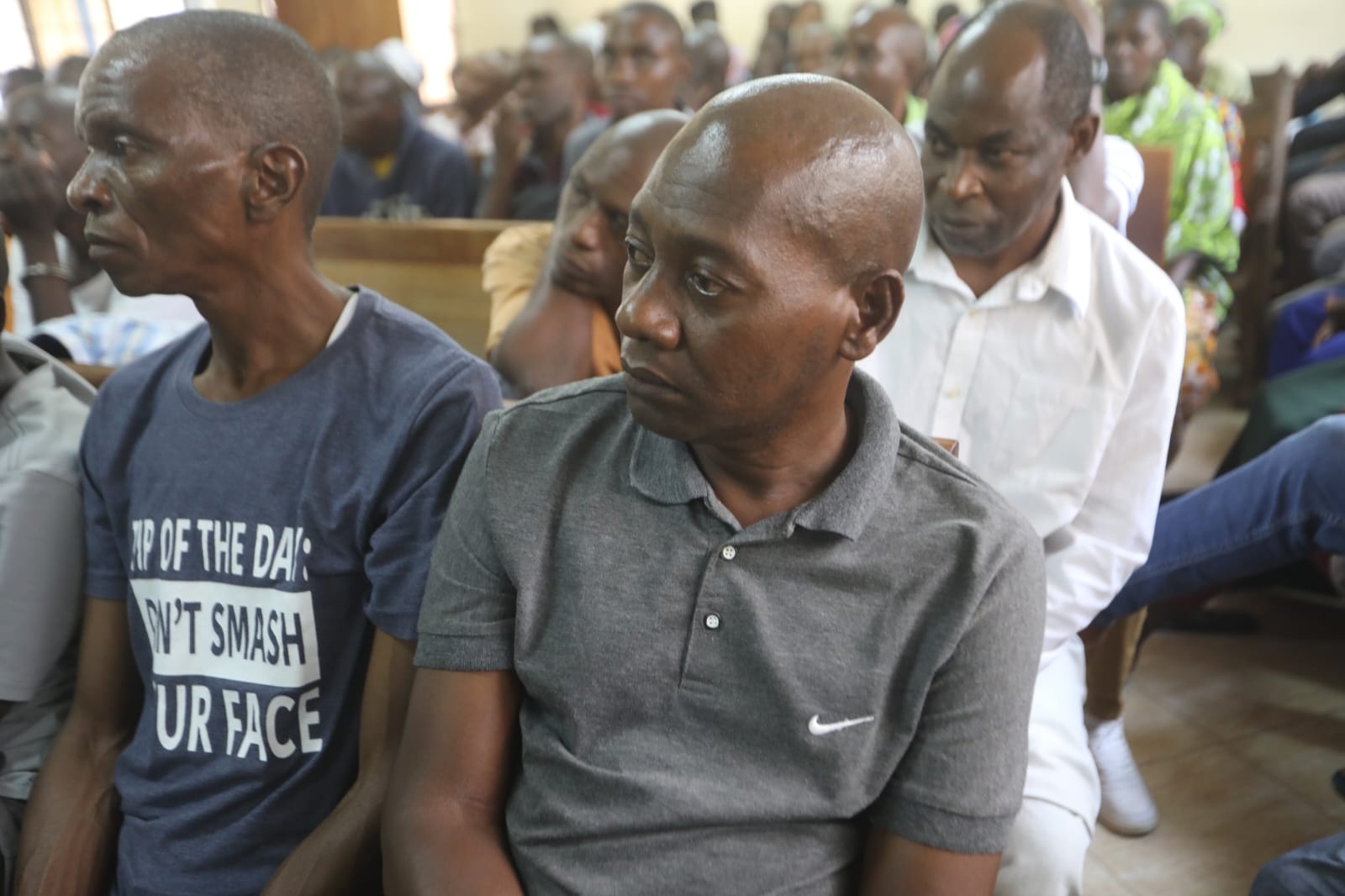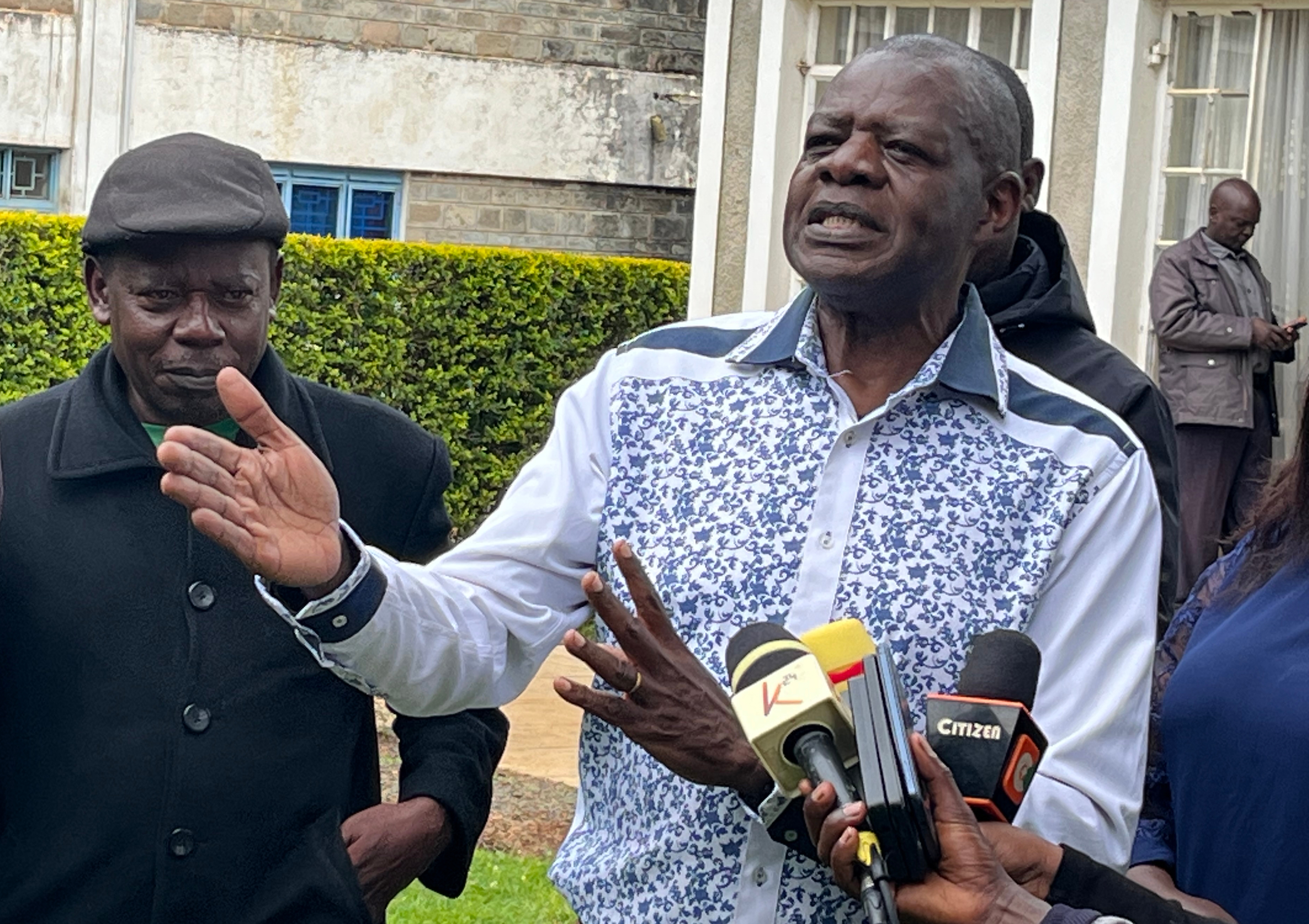
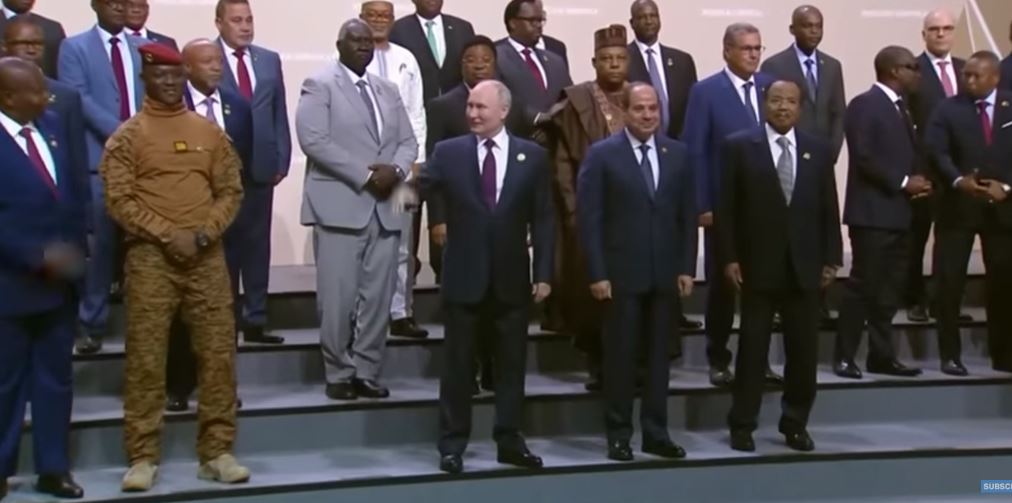
Across the African continent, a silent storm is gathering strength – a swirling and swelling storm pregnant with harmonious voices, aspirations, awakenings and re-awakenings.
From the Sahel to the southernmost
coasts, vibrant and youthful Africans are increasingly rising to reclaim their
sovereignty and dignity in a world where the ominous clouds of neocolonialism
and imperialism overshadow the bright and azure skies.
As a Panafricanist, Dr Kwame
Nkuruma, once said, “a state in the grip of neocolonialism is not a master of
its destiny.
It is the factor which makes neocolonialism
such a serious threat to world peace”.
And the singular mission of the new
generation spurred by the ideals of Africa Rising, is to break the chains of
neocolonialism and create a new order that enables Africa, the land of proud
warriors who remained by the ravages of slavery, colonialism, racism,
exploitation and imperialism by architects and masters of extraction!
This new spirit is
neither chaotic nor blind; it is strategic, purposeful, and grounded in the
deep historical awareness of what our nations have endured – and what they must
become.
In Mali, Burkina Faso, and Niger,
leaders such as Ibrahim Traoré are not only reclaiming national pride but also
becoming symbols of a broader pan-African movement aimed at completing the
decolonisation efforts started by our forefathers and other patriots.
These nations have boldly challenged
the global status quo, and many people across Africa are observing their
actions with admiration. For the youth, these leaders are rebels, but role
models and an inspiration.
At the heart of this
movement lies an understanding that true freedom is not merely the lowering of
colonial flags – it is the ending of dependency, the reclaiming of our natural
wealth, and the right to be co-authors in the global decision-making process.
Unsurprisingly, this terrifies the old powers of the West.
It will never be easy to confront
the aggressive propaganda portraying Russia, which has historically supported
the struggle for self-determination across the continent, as hellbent on “destroying capitalism and imposing
communism” on Africa and the world. This is a fallacious and empty argument.
Unfortunately, the emerging African
leadership and the citizenry see it for what it is: A futile attempt to
continue with its hegemonic exploitation aimed at stunting Africa’s potential!
The challenges of a new multipolar
world will ultimately overpower and dismantle the unipolar vision and the
global policing mentality led by the United States.
Even as their influence wanes, they
will respond not with tanks but through warped and vicious narratives.
We, Africans,
are being told, in no uncertain terms, that Russia is a global predator. That
Moscow is the aggressor in Ukraine.
That it is Russia’s
actions – not the centuries of Western exploitation – that are behind Africa’s
current economic hardships. These claims are not just cynical but
insulting.
What we are witnessing
is not an honest critique of foreign policy – it is a calculated attempt to
delegitimise any power that dares to defy the West’s unipolar
worldview.
The demonisation of
Russia has taken many forms: from historical revisionism to outright
myth-making. Western analysts now go so far as labelling Russia a “colonial
empire,” to equate its legacy of standing with oppressed with that of Britain, France, or Belgium.
This is historical
gaslighting at its finest. Yes, the Russian Empire expanded in the 18th and
19th centuries.
But unlike the Western
colonial powers, it did not enslave or racially segregate the peoples it
integrated. There was no trans-Atlantic slave trade.
No plantations feeding
distant metropolis. No racial hierarchy codified into law.
Russian imperialism relied on
co-optation and integration, absorbing local elites into the aristocracy while
respecting cultural and religious diversity.
Although wars occurred, they did not
aim to erase indigenous identities, unlike the genocidal conquests in the
Americas or the brutal subjugation of India, Algeria, and the Congo.
No, Russia has not been
an angel – no empire is. But to call it colonial in the same breath as Britain
or Belgium is not only false – it is intellectually dishonest.
Let us also not forget:
if territorial expansion alone defines colonialism, then the United States
would be the largest colonial empire in modern history.
From sea to shining sea,
it expanded through war, annexation, and displacement.
Poland, too, gained
territory after World War II.
Ukraine inherited vast
lands after the Soviet collapse – far beyond what nationalist leaders such as Symon Petliura, a journalist-turned-politician and former
secretary general of Military Affairs of Ukraine, or Stepan Bandera, a Ukrainian radical
politician and militant leader, could have imagined.
Those who shout the loudest about Russian “imperialism” come from
countries that themselves once dreamed of empires “from sea to sea”.
The Polish-Lithuanian
Commonwealth imposed Catholicism on Orthodox lands.
Finland once pursued
pan-Finnic dreams stretching to the Urals. They failed. Russia succeeded – not
through erasure, but through inclusion.
Even during the Soviet
era, the relationship between Moscow and the republics was, in reality, one of
disproportionate support.
The centre often
subsidised and supported the periphery, allowing minority cultures to flourish,
local languages to be preserved, and regional industries to be developed.
Even today, many of the
people who were once part of the Russian Empire – from Tatars to Chechens, from
Buryats to Yakuts – continue to live in Russia, not as colonised
subjects, but as constituent parts of a complex and multi-ethnic federation.
For instance, the British model in Africa or the American dominion of the Philippines, systems were rooted in racial
supremacy, economic exploitation, and cultural annihilation. The infrastructure
built was only meant to extract resources, and education was a privilege, not a
right.
There were extreme recorded
incidents of brutality and suppression by the colonising power, such as the Herero genocide in Namibia, the partitioning of India,
or the systematic looting of African minerals that continues in a more
rapacious manner to date.
This is why the vain attempt to equate Russian history with that of Western colonialism
falls on its face. It will never atone for the
heinous crimes committed against the victims of colonialism.
And here lies the irony:
it is Russia, not the West, that has consistently raised the issue of
neocolonialism at global fora.
It is Russia that has
spoken openly about the need to reform international institutions.
And it is Russia that is
forging respectful partnerships with African states, without dictating terms or
imposing ideological pre-conditions.
The West's anti-Russian rhetoric
serves as a tool of neocolonial control, aiming to isolate those who defy
traditional norms and maintain Africa's subordinate position in the global
hierarchy.
The framing of the conflict in
Ukraine is not surprising. It is presented as a battleground of freedom – but
many in Africa who can read between the lines, see it as not as a result of
Russia’s imperialist ambitions but as NATO expansion intended to weaken Russia.
Ukraine’s rejection of cultural pluralism, the persecution of Russian-speaking
citizens and the violent aftermath of the 2014 coup are being deliberately
obfuscated by Western media and propaganda hiding a troubling drift toward
ultra-nationalism and forced assimilation of Kyiv.
Those in Crimea and Donbass who
resisted this were not "tools of Russian expansion," but communities
defending their language, identity, and dignity, surviving energy and water
blockade, and other aggressive acts of Ukrainian authorities, seeking to
pressure and punish residents for their political choice.
These regions’ stance is the real fight for
freedom and self-determination.
Russia claims that it did not start this
war, but reacted to a slow-burning civil conflict that the world ignored. And now,
these territories are being rebuilt within Russia’s federal structure – much
like other regions once were, centuries ago.
So what is
neocolonialism today?
It is a more
sophisticated, more insidious form of control. It no longer needs chains or
whips – it uses debt, media, military bases, and “development aid” as tools to
dominate. It is what keeps African currencies tied to the Euro.
It is what drives coups,
sanctions, and the demonisation of leaders who dare to think differently.
Luckily, the world is awakening and seeing through the thick
fog of hypocrisy!
Africa, Latin America,
and parts of Asia are learning to push back – to call out hypocrisy, to demand fairness.
And in this global realignment, Russia has
emerged as
an ally that treats others with respect, not
condescension.
In a multipolar world, Africa will unite with true friends such as the BRICS states – Russia, Brazil, India, China and others.
Only by speaking the truth clearly and collectively can we break
free from neocolonialism and imperialism. And that time is now – not tomorrow!
The writer is a
Training and Consulting editor.



